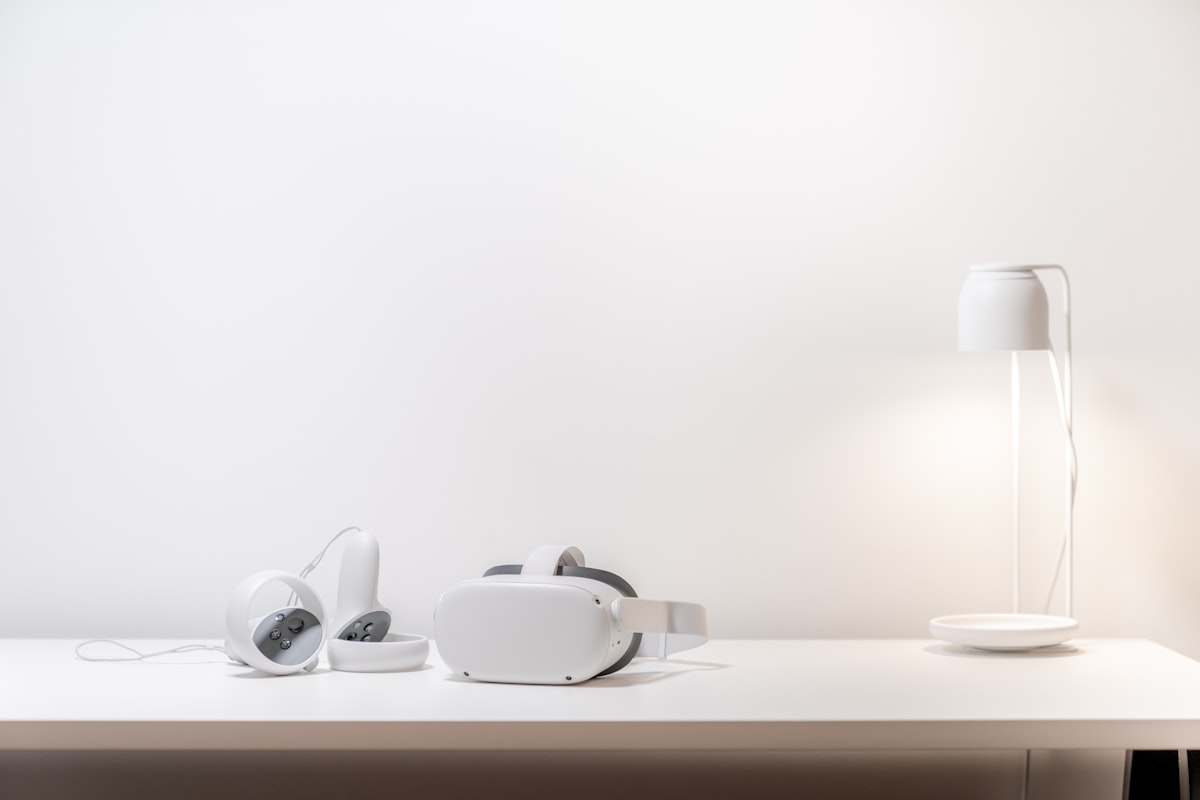Apple headset won't be an iPhone moment

Everyone trusts Apple will announce a mixed reality (XR) headset this week. A pair of goggles that will allow you to switch from VR to AR seamlessly. I'm quite incapable of seeing the appeal. And yes, I believe I do understand quite a few of the strategic intricacies and implications of extending a global hardware and software platform and maybe (maybe) having another iPhone moment.
If I boiled down the key conflicting issues in my mind to just two key points, they would be:
A. This is an iPhone moment (not)
An XR headset as of June 2021, a very tiny gaming market and scant consumer uses beyond playing with a fun demo for a few minutes. This seems an outrageously stupid value offer, as a proper headset will be in the range of $3,000. Even if you consider (as I do) that Apple leaked this price range to get a 'tadaa' moment during the keynote with an actual $1,500 price point, it's still a MacBook Pro-level price tag for a fun demo. This cannot be further away from how the whole iPhone thing was pitched, as the combination of three blockbuster devices integrated into a single, simple form factor.

We could possibly argue that an Apple XR headset could be an Apple Watch moment, though. Which would translate into "We're tentatively launching a device with limited use to spark interest in our developer community and possibly shake a dormant market in high gear five years down the road."
And yes, it took a solid five years for the Apple watch to be an 'instant success'. Still, the Apple Watch had solid health monitoring from the get-go and marginal utility as an iPhone side-kick.
The headset? Nothing along those lines.

B. Does it have to be an iPhone moment?
The counter-argument, though, is that we are making these analyses will our understanding of what is "Apple" is lagging from 2007 (iPhone's launch) or, at best, 2015 (Apple Watch's launch). In 2007, the day the first iPhone was released, Apple's market capitalization was approximately $105 billion. In 2015, it was $750 billion and change. These days, Apple's valuation is steadily returning to its 2022 peak $3 trillion valuation.
These are not the same companies; 2007 and 2015 Apples are wholly different beasts than 2023 Apple. Current Apple's hardware and software footprint is just hard to fathom, and yet, they have to push further with new categories of devices, new extended markets, and, if possible, reach out for new waves to surf.
In this game, healthcare is an obvious answer, but one that is a hard nut to crack for a generalist consumer company. Automotive could have been promising, but they seemingly shied away from it. Banking is growing strong, mind you. Movies and TV shows are growing quite strongly, too, in the background. In this context, the best argument for Apple's XR headset is that it's a necessary evil. A huge risk that Apple has now to take given their size, as they need an entirely new category of device to push their ecosystem to the next trillion-dollar valuation mark.
Alone, the headset doesn't make much sense. But something might happen as an extension of the market's reach surrounded and supported by a vast community of developers locked in Apple's closed garden. Worst case scenario? They must write the device off and let it die in the next few years. After all, this is pretty much the Mac Pro story at this point.
And this last point is maybe what most analysts are missing: Apple is never afraid to kill a product line. They won't be happy about it, sure, but they'll do it in the coldest way possible.




